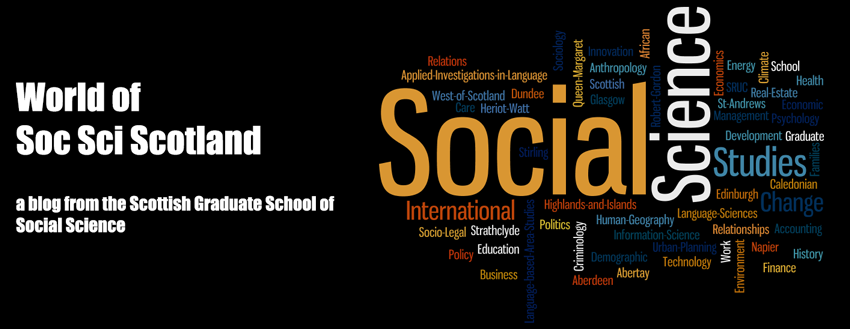Speed networking for doctoral candidates attending conference is a little like a modern dating exercise: there’s a little academic flirting, a bit of showmanship and polite, albeit very genuine, intrigue at another’s research. Eighteen students participated at this year’s annual Information Science Doctoral Colloquium (iDocQ) at Aberdeen’s Robert Gordon University. That’s nine ‘dates’ a piece. The exercise successfully kicked off the day, breaking the ice - there was strangely a lack of it in the Granite City for a change - far quicker than any timid coffee session might achieve. Speed networking, while still a little novel, should not be mistaken for a corporate away day gimmick. It proved a quick way for delegates to be thrown into a space where invaluable contacts beyond the boundaries of their home institutions were secured.
 |
| Calum Liddle and Dr Annemaree Lloyd |
Following the series of dates, the morning guest speaker, namely, Dr Annemaree Lloyd of Charles Sturt University, Australia, took to the stage. She first gave an overview of her recent research, then provided a ‘real world’ account of doing a PhD with hints and tips based on her experience as both a doctoral candidate and PhD supervisor. Dr Lloyd’s presentation was more than well received by delegates, especially those just starting out who are, after all, still novice navigators of the PhD/supervisor relationship.


